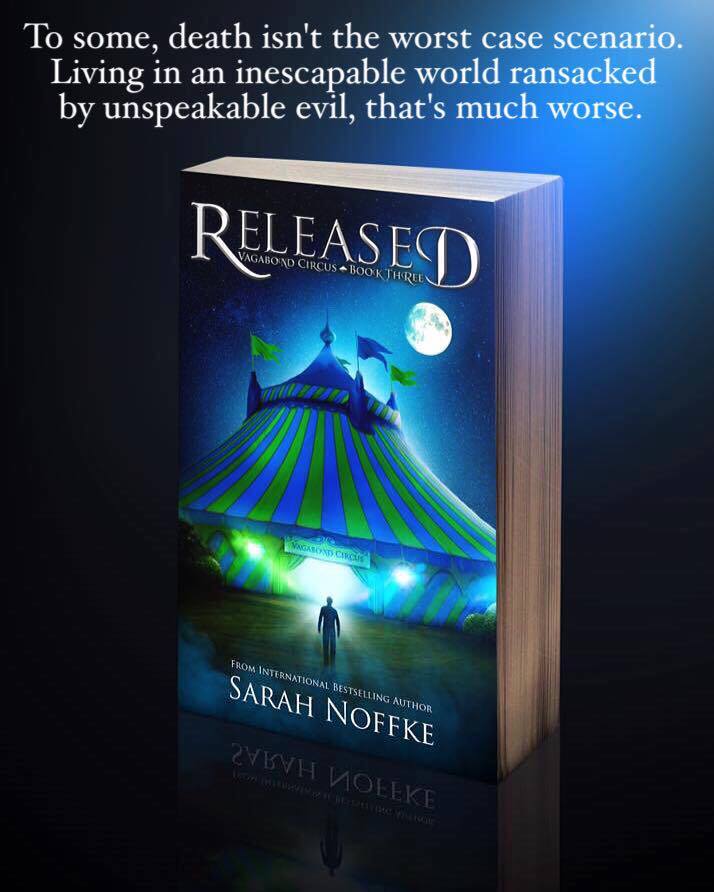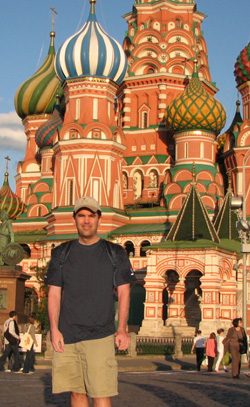Tuesday Takeover: Why we love Zombies by Lindsey Winsemius
Do you love Zombies? Where do you think your captivation with the undead comes from?
Love them or hate them, we’ve all seen the explosion of Zombie pop culture, from literature, film, and television to university classes and themed events. I’ve talked a little bit previously about why we love dystopian themes [http://www.lindseywinsemius.com/blog/7-reasons-we-love-dystopian-books].
Now let’s explore our fascination with the undead.
The general zombie concept has Haitian origins, the term nzambi, referring to someone’s “soul.” It is believed that people who die unnatural deaths (such as murder) have souls that are vulnerable to being snatched by sorcerers and locked in a bottle, allowing the sorcerer to use their undead body.
Hatians were pre-occupied with this concept because of the prevalence of slavery throughout Africa; having one’s soul enslaved after death was the final horror. Where does our modern interest in Zombies stem from?
Here are several reasons suggested by researchers of the subject.
6 Reasons we love Zombies
According to the experts.
1. Zombies help us understand and deal with current societal issues.
“You can’t shoot the financial meltdown in the head — you can do that with a zombie.” Max Brooks, World War Z Author
Just like I talked about our love of dysptopian stems from the very dystopian world in which we live now, our fascination with Zombies is a way to deal with the societal wrongs of today. We feel helpless in the face of global warming, crazy politicians, and threats of terrorism. But a Zombie apocalypse? Grab your shotgun and some of the free stuff all the other dead people have left behind, and you’re going to change the world one dead un-dead at a time.
2. Zombies will punish the bad guys
The apocalypse is one way to find justice in a world that is sadly lacking. Imagining our enemies being overrun by Zombies can be a safe yet satisfying way to feel like the scales will eventually be balanced. Think of the many times in Zombie lore in which the bad guy (because naturally Zombies are not bad enough) gets his or her comeuppance in a delightfully horrific way. Or consider the guy at work who never really works, and everyone else is carrying the team. He obviously isn’t going to survive in a Zombie apocalypse, and won’t it be satisfying to know his laziness is finally going to bite him in the ass (possibly quite literally)?
Even if it might be a little uncomfortable to think in these terms, subconsciously we all want justice. Imagining a more equal society where people who work hard will survive, and the underserving are turned into the undead that we can then deal with accordingly can be quite satisfying.
3. Zombies give us an outlet for our aggression
Not only does the Zombie apocalypse allow us to imagine a world in which the base of humanity is being punished for its wrongs, it also lets us celebrate the highly militarized media culture in which we live. We don’t have to feel bad about imagining taking a machete to everyone around us, when everyone around us is trying to devour our flesh.
As depicted in the popularity of first-person shooter games like Call of Duty: Black Ops, killing Zombies is a completely acceptable way to play out aggression and embrace the shoot ‘em up nature of our society.
4. Zombies level the playing field.
Wouldn’t it be nice to have a blank slate society where anyone can be a hero? Where success is completely dependent on our survival skills?
“People are still afraid of dying, getting sick, of social infrastructures falling apart. The collective nightmare. And it poses the question of, ‘What would you do? Would you survive?’ It plays out this great survival narrative.” Professor Kyle Bishop
Many professors feel that the idea of the Zombie apocalypse is so appealing because it levels the playing field for many of us. Presidents and the poverty-stricken can become equals in this scenario, allowing anyone with some concept of self-preservation, and perhaps a firearm, to survive and flourish.
5. Zombies give us a way to handle our fears.
“The West African version of the zombie didn’t eat brains — they weren’t scary in the same way our zombies are scary. They were a symbol for fear of enslavement under French colonial rule. People weren’t afraid of them, but of becoming a zombie and losing control. So the original zombie reflects the fears of the society in which it was created. The zombie becomes a window into ourselves.” Professor Kelly Murphy
What Murphy says is most interesting is how the zombie apocalypse shows that people shouldn’t necessarily be afraid of the zombies they are running from, but of other humans. Zombies become the background material. The real question — and this is something that has become prevalent in many zombie television shows and flicks — is, “Can you trust the other people that you meet along the way while trying to survive?”; and if you can’t, then what does that say about humanity? “Even if we haven’t turned into the monster, the zombie is a reflection of how we ourselves become the monster.”
Humanity is full of monsters hidden beneath a veneer of civility. Wouldn’t it be wonderful is every jerk out there who wouldn’t hesitate to back stab you looked like a half dead corpse, instead of your next door neighbor? Not only would they be much easier to recognize the evil in the world around us, we could actually do something about it. Like shoot them in their undead brain. This gives us a much more satisfying way to deal with the real monsters around us, and feel as if we could possibly have some control over them.
Consider the popular game and movie series Resident Evil. The real evil in the movie is not the army of reanimated dead taking over the world, but the Umbrella Corporation whose greed has resulted in the apocalypse. If that isn’t a metaphor for the direction of our current societal issues, I don’t know what is.
6. Zombie vs other apocalypse: More control of survival.
Zombies give us something to fight. You can’t fight a deadly virus, a natural disaster, or even a nuclear fallout. But you can fight Zombies. The Zombie apocalypse is one we are more likely to survive if we use our wits, band together, and find an abandoned prison full of old rations and ammo.
That is the appeal of the Zombie apocalypse scenario over other suggest end-of-the-world scenes. We all feel as if we’d be the few who would survive (except me, I’m absolutely certain I’d be turned into a moaning undead within the first five minutes) and be able to use our blank slate society to start fresh. We’d live in the World War Z world, after the war had ended (I’m talking about the novel, not the movie). The world being rebuilt by the strong, by the brave, by the survivors.
Do you love Zombies? What do you think is most fascinating about the idea of a Zombie apocalypse?

About Lindsey Winsemius
Lindsey is an author and marketer living in Grand Haven, Michigan with her husband and two young children. When she’s not imagining different apocalyptic scenarios, she writes romantic suspense and dystopian novels. You can connect with her on Amazon, Facebook, or her website.
Sources: http://mashable.com/2015/03/12/zombie-obsession/#.FsvOJ4wpkq5
http://www.popmythology.com/why-people-love-the-zombie-apocalypse/


